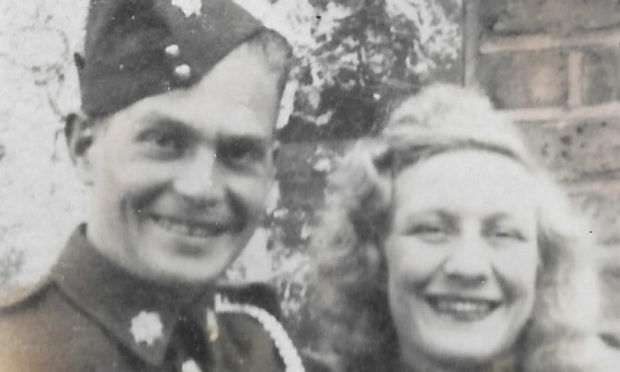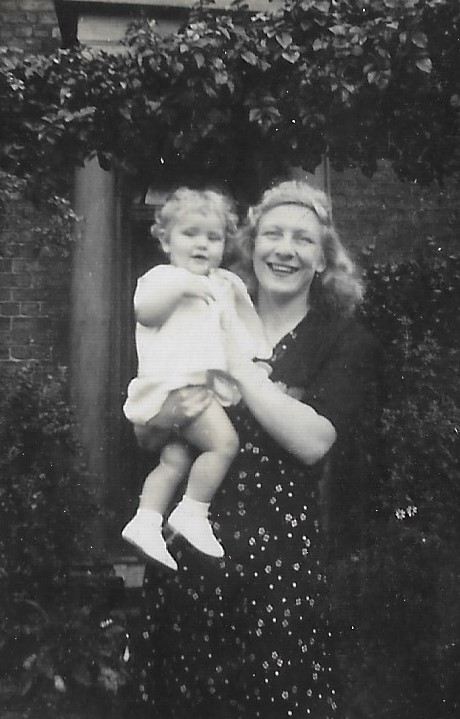
It began with a trip to the attic and ended in a journey back in time.
When Polly Pattison found a cache of old letters while retrieving a suitcase for a family holiday, it set her off on a voyage of discovery and a better understanding of the mother with whom she had a stormy relationship.
The handwritten letters were from Polly’s mum, Ethel, to her dad, Ken, while he served in North Africa during the Second World War.
They reveal a scared but determined woman, struggling to get through each day as she worried about her soldier husband while trying to bring up a newborn baby alone.
Polly found the letters 15 years after her mum’s death, and realised they had to be shared.
“My husband, Dave, said to me, ‘These letters don’t just belong to you – your mother was writing about what happened to every woman during the war – so it’s social history’. That pushed me on to do something with them,” she explained.
The 88 letters, dated from 1940 to 1943, are all from Ethel to Ken. He kept them safe while he fought on the front line, but Polly said her mum, a meticulous tidier, wouldn’t have held on to the letters he sent home in response.
By reading her dad’s war diaries alongside the letters, Polly was able to piece together her parents’ war years and discover a version of her mother she had never known.
“They gave me an insight into my mother’s nature, of who she was when she was bringing me up. It was wonderful to see her being feisty and standing her ground, getting things done,” she continued.
“I didn’t have a good relationship with her, but the letters helped me to understand why she said or did some of the things she did.”
The first letter Polly read, her mother described her as being “full of the devil. She needs a man to take her in hand, she is so used to me smacking her she takes no notice”.
Polly said: “It was a very upsetting thing to read – it showed the strain, stress and disappointments. It’s so moving.
“I seem to have disassociated myself from this child being described in the letter. Mum refers to me as Pauline rather than Polly, so it’s like this baby has nothing to do with me.
“I was just a normal child doing naughty things, but she was under stress and lost her temper with me.
“The way they treated Dave and I for a time in our lives was awful and took a lot of forgiving, but having read the letters I now understand why she was like that.
“She didn’t want for me what she had to put up with.”
Mum-of-three Polly has written Keep Your Chin Up, a one-woman play based on the letters, which she will perform at the Edinburgh Fringe.
She’s looking forward to spending time with her youngest son, Tommy, and daughter-in-law Kirsty, who live in the capital, while they are visiting the city.
“My mum’s generation has died now, but I’m fortunate to be fit and strong enough to undertake this, even though I’m 78 next month,” Polly added. “It gives me personal satisfaction that I can do this.
“My mum suffered with her nerves as far back as I can remember and when she was diagnosed with dementia, it was a nasty type.
“My father was also ill, so it was a very difficult and tough time.
“But now those memories of their latter days are receding and they are being replaced with memories of this woman who wrote the letters, a woman who loved dancing and was so brave.
“And for that, I’m so grateful.”
Keep Your Chin Up, The Quaker Meeting House Theatre, Aug 5-17 (except 11).

Enjoy the convenience of having The Sunday Post delivered as a digital ePaper straight to your smartphone, tablet or computer.
Subscribe for only £5.49 a month and enjoy all the benefits of the printed paper as a digital replica.
Subscribe
